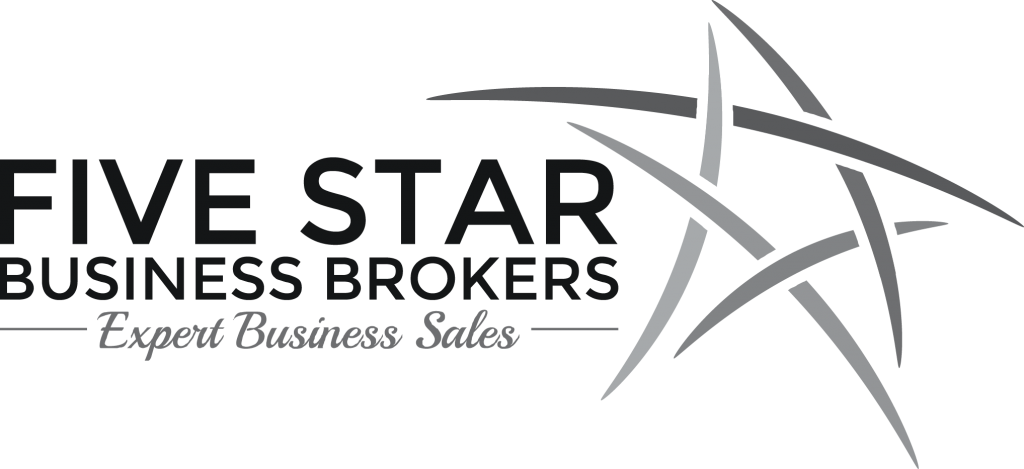What is Seller’s Discretionary Earnings?
The seller’s discretionary earnings (SDE) (or adjusted owner benefit) of a business is another way of referring to the total annual economic benefit that a single owner-operator would derive from a business. This is the key and critical characteristic of any small business for sale. Businesses advertised for sale online frequently display the SDE of the business, which both buyers and sellers should fully understand.
Seller’s Discretionary Earnings Often Differs From Net Taxable Income
- The SDE often differs considerably from the net taxable income of a business.
- The SDE starts with the net taxable income, but also includes other financial benefits from the business such as unrecorded sales, personal expenses of the owner paid for by the business, depreciation, and the owner’s salary.
- Other unusual and irregular expenses that a buyer of the business would not incur also should be included when deriving the SDE of a business.
- Prospective buyers should be aware that the EBITDA (Earnings Before Interest, Taxes, Depreciation, and Amortization) of a business does not include the owner’s salary, unrecorded sales, and the personal expenses of the owner paid for by the business.
- For most small business sales, these factors drastically change the SDE of a business, and hence its valuation.
Business Brokers Must Properly Present SDE
The vast majority of buyers purchase a business in order to make money for themselves and their family, and must know the true profits that the business currently generates. The listing material presented by business brokers to prospective buyers must describe and properly identify the SDE of the business, and specifically show how exactly it was calculated and derived. This means that each component of the advertised SDE must be identified by the business broker within the presented financials. Unfortunately, not all business brokers perform this task properly (or even understand that they must perform this task). Many prospective buyers will walk away from a potential business deal if they are not given this critical information.
Business Brokers Should Disclose the Absence of SDE
Conversely, if no true economic profit or SDE exists then this fact should be disclosed to prospective buyers. Some business owners also choose to not disclose the presence of any profit or SDE to prospective buyers. Often the reason is that the business has significant unrecorded cash sales or the seller simply does not have the time or desire to give any financial documents (such as tax returns) to prospective buyers. Such sellers should realize that it is highly unlikely that they will receive a premium price for their business above and beyond its tangible asset value. If the transaction is properly deemed an asset sale with no advertised profits, it is the job of the business broker to disclose the absence of SDE.
Example of Not Properly Advertising SDE
- Let us suppose that Carl is trying to sell his business (Carl’s Auto Shop) with the help of a business broker.
- Carl tells his business broker that he thinks he actually makes $400K/year in profits from his auto shop, which is the amount that the business broker advertises as the SDE or owner benefit of the business.
- The business broker receives Carl’s latest tax return, and discovers that the taxable net income is $200K.
- The business broker then presents the tax return to qualified buyers (who sign a Non-Disclosure Agreement protecting the seller’s confidentiality), but does not reconcile the net taxable income ($200K) with the advertised SDE ($400K).
- Buyers of Carl’s business thus have no way of figuring out how exactly the $400K of SDE was derived, nor do buyers of Carl’s business know how they will prove the existence of the $400K in SDE during a formal due diligence process.
- As a result, the vast majority of buyers would conclude that Carl has $200K of owner benefit (rather than $400K) and hence their valuation of the business does not meet Carl’s expectations.
Example of Properly Advertising SDE or Owner Benefit
- Using the same above example, let us now suppose that Carl is selling his auto shop with another business broker.
- This business broker also is given Carl’s latest tax return showing $200K of net taxable income.
- The business broker and Carl walk through the tax return and discover that Carl paid himself a salary of $40K, Carl’s wife received a salary of $60K but never actually worked in the business, and Carl had $100K of personal expenses that flowed through the tax return.
- The business broker then compiles a spreadsheet showing buyers how the SDE of the business is $400K (the sum total of $200K of net taxable income, $100K of salaries to Carl and his wife, and $100K of personal expenses that were identified as business expenses in the tax return).
- Note that the above analysis assumes one working owner-operator, so it is not necessary to adjust the SDE to reflect the cost of replacing Carl (who is a working owner).
- Now that qualified buyers are presented with a coherent picture as to how the $400K of SDE is derived, Carl receives and accepts a fair offer for his auto shop.
- Further, the formal due diligence process will now proceed in a much smoother fashion because the buyer already knows what constitutes the various components of the advertised SDE.
It is thus of critical importance that a seller only trust the sale of their business to an experienced and professional business broker who will properly and coherently advertise and explain the SDE of their business to potential buyers.
Give Martin at Five Star Business Brokers of Palm Beach County a call today for a FREE evaluation of your business.
